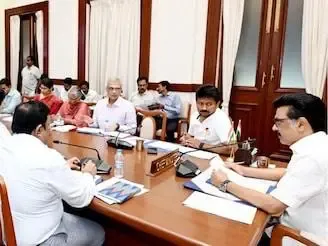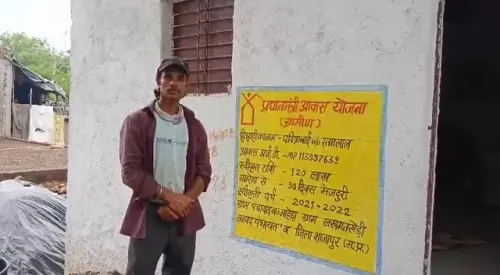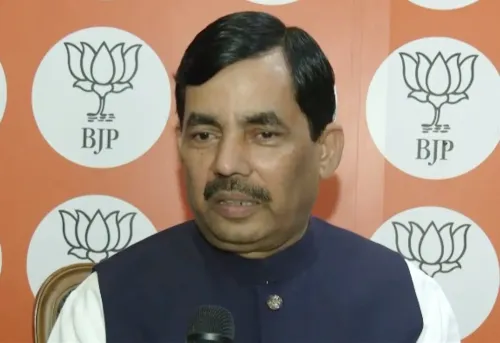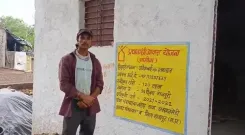Is Mahua Moitra Challenging Bihar's Electoral Rolls Revision in SC?
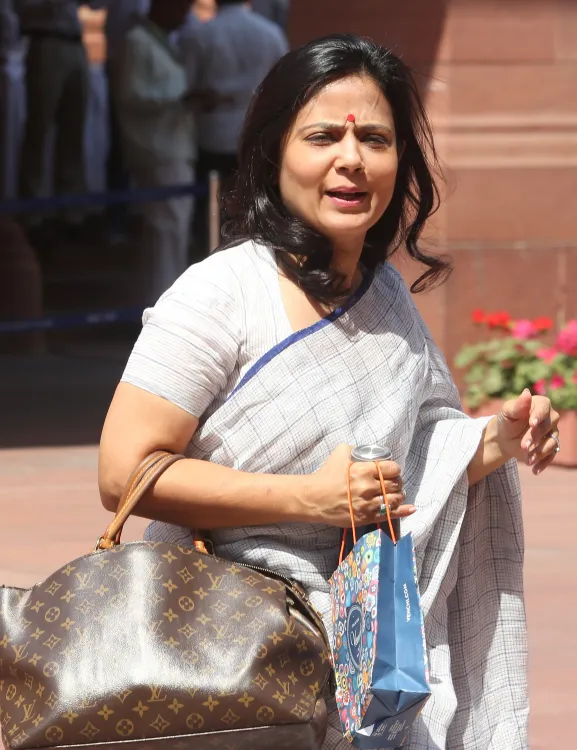
Synopsis
Key Takeaways
- Mahua Moitra's legal challenge highlights serious concerns about voter disenfranchisement.
- The SIR requirement necessitates additional documentation, raising accessibility issues.
- Potential implications for democracy and fair elections are significant.
- Electoral rolls in Bihar have been recently revised, making the ECI's actions contentious.
- Challenges to the ECI's authority may reshape future electoral processes.
New Delhi, July 6 (NationPress) Trinamool Congress MP Mahua Moitra has approached the Supreme Court to contest the Election Commission of India (ECI) decision mandating a Special Intensive Revision (SIR) of electoral rolls in Bihar, expressing concerns that this second revision may be mirrored in West Bengal.
In her legal filing, submitted through attorney Neha Rathi, Moitra asserted that she possesses information indicating that the SIR initiative is scheduled to be implemented in West Bengal starting August 2025, with instructions already conveyed to Electoral Registration Officers (EROs).
Her petition not only contests the ECI's directive for the SIR in Bihar but also urges the Supreme Court to prohibit the electoral body from issuing analogous directives for other states across the nation.
The plea argues that this is the first instance in the country where the ECI is demanding that voters, whose names are currently on the electoral rolls and who have voted in past elections, must prove their eligibility anew. It warns that if the ECI's June 26 order, which mandates the SIR in Bihar, is not overturned, it could lead to mass disenfranchisement of eligible voters, jeopardizing the integrity of democracy and the fairness of elections.
According to the petition, the contested SIR order necessitates that voters provide citizenship documentation, including proof of citizenship from either or both parents, failing which they risk being excluded from the electoral rolls. This requirement is deemed ultra vires Article 326 of the Constitution, introducing qualifications not envisaged by the Constitution or the Representation of People (RP) Act, 1950.
Furthermore, the plea states that the June 26 order is illegal as it presumes voter ineligibility unless documentation (from a limited roster of 11 documents) is provided, including evidence from both parents, which contravenes the Registration of Electors (RER) Rules, 1960.
“This order arbitrarily omits widely accepted identity documents such as Aadhaar and ration cards from the accepted documentation list, imposing a significant burden on voters and putting them at risk of disenfranchisement,” the petition claims.
Moreover, it highlights that numerous residents in rural and marginalized communities in Bihar face imminent disenfranchisement due to these unreasonable requirements.
The petition describes the SIR mandate requiring voters to prove their eligibility through a set of documents as “absurd,” given that these individuals have already voted numerous times based on their established eligibility.
It emphasizes that electoral rolls in Bihar underwent a Special Summary Revision (SSR) between October 2024 and January 2025, which included updates and deletions of names based on various eligibility criteria. Consequently, the ECI's decision to conduct a second revision in such a severe manner in a poll-bound state is portrayed as unjustifiable and unreasonable.

